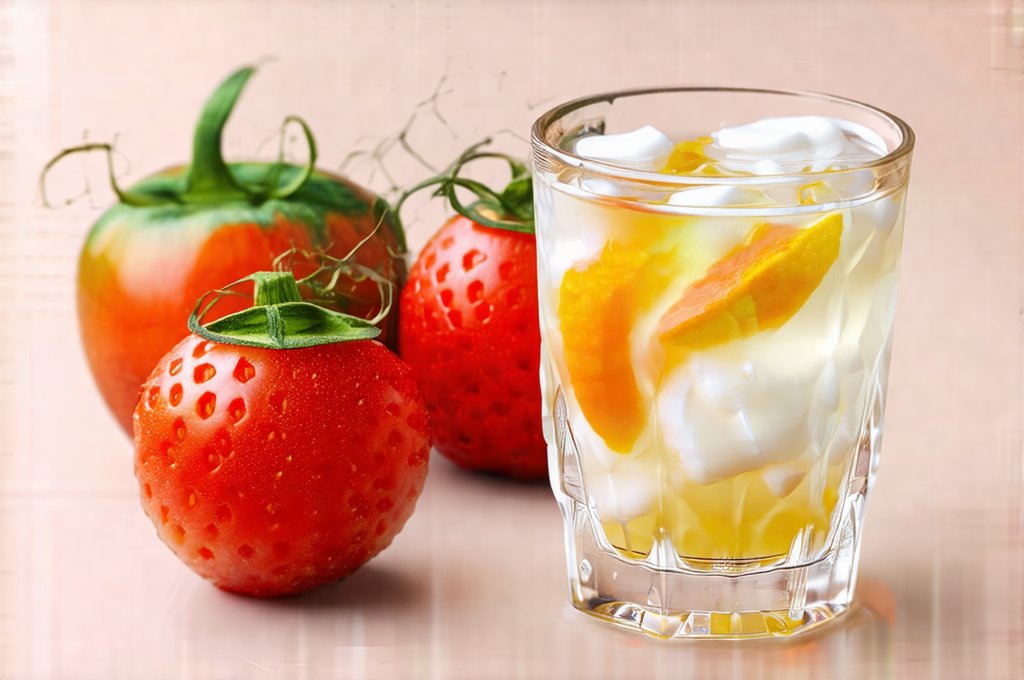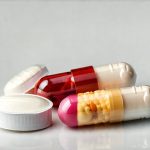Cystitis, an inflammation of the bladder, can be incredibly disruptive – causing pain, urgency, and generally making everyday life uncomfortable. While antibiotic treatment is usually necessary to address bacterial infections that often cause cystitis, focusing on what you eat and drink after the initial infection has subsided plays a crucial role in supporting your body’s recovery and potentially reducing the risk of recurrence. It’s about more than just finishing your medication; it’s about nourishing yourself back to health and strengthening your system. Many people underestimate the impact dietary choices have on bladder function and overall well-being, particularly following an illness like cystitis.
The goal isn’t a restrictive diet but rather a thoughtful approach that prioritizes hydration, supports immune function, and minimizes potential irritants. A focus on anti-inflammatory foods can also be beneficial as inflammation often lingers even after the infection itself is resolved. This article will explore specific food and drink choices to consider incorporating into your routine post-cystitis, aiming for a holistic recovery plan alongside medical treatment. Remember that individual tolerances vary, so listening to your body and noting any triggering foods or beverages is paramount.
Dietary Strategies for Cystitis Recovery
The cornerstone of recovery after cystitis is adequate hydration. Water helps flush out the urinary tract, preventing bacteria from lingering and reducing irritation. Aim for at least eight glasses of water daily – more if you’re active or live in a warm climate. Beyond water, certain herbal teas can be soothing; however, it’s important to avoid those known to irritate the bladder (see section below). Foods rich in vitamin C boost immune function, aiding your body’s natural defenses. Incorporating foods with anti-inflammatory properties like berries, fatty fish (salmon, mackerel), and leafy greens can also help reduce lingering inflammation within the urinary tract. A balanced diet that provides essential nutrients is critical for overall healing and rebuilding strength after illness. If you’re looking for more guidance on nutrition during a UTI, check out what to eat.
A key aspect of post-cystitis dietary support is identifying and minimizing bladder irritants. Common culprits include caffeine, alcohol, spicy foods, artificial sweeteners, acidic fruits (citrus fruits, tomatoes), and carbonated beverages. These substances can exacerbate symptoms even after the infection has cleared, leading to discomfort and potentially triggering a recurrence. It’s not always about complete elimination; it’s about mindful consumption and observing your body’s response. Keeping a food diary can be incredibly helpful in pinpointing specific triggers. Understanding what not to eat during recovery is crucial for preventing flare ups.
Foods & Drinks to Embrace
- Water: The absolute priority for flushing the urinary tract.
- Herbal Teas (bladder-friendly): Chamomile, ginger, or fennel tea may offer soothing benefits – but check individual tolerance. Avoid teas containing citrus ingredients.
- Vitamin C Rich Foods: Berries (blueberries, strawberries), bell peppers, broccoli, and kiwi all support immune function.
- Anti-Inflammatory Foods: Salmon, flaxseeds, walnuts, spinach, kale, turmeric, and ginger can help reduce inflammation.
- Probiotic-Rich Foods: Yogurt (unsweetened), kefir, sauerkraut, and kimchi promote gut health, which is linked to a stronger immune system. A healthy gut microbiome aids in overall wellness and may offer some protection against recurrent infections.
- Whole Grains: Oatmeal, brown rice, and quinoa provide sustained energy without irritating the bladder.
Foods & Drinks to Limit or Avoid
- Caffeine: Coffee, tea (black/green), soda – can irritate the bladder lining.
- Alcohol: Acts as a diuretic and irritant.
- Spicy Foods: Can cause inflammation and discomfort.
- Acidic Fruits & Vegetables: Citrus fruits, tomatoes, pineapple – may aggravate symptoms.
- Artificial Sweeteners: Found in diet sodas and sugar-free products – can irritate the bladder.
- Carbonated Beverages: The bubbles can put pressure on the bladder.
Supporting Recovery Through Specific Nutrients
Vitamin D: Studies suggest a possible link between vitamin D deficiency and increased susceptibility to urinary tract infections, including cystitis. Consider getting your vitamin D levels checked and supplementing if necessary (under medical guidance). Magnesium: This mineral plays a role in muscle relaxation and may help reduce bladder spasms. Foods rich in magnesium include dark leafy greens, nuts, seeds, and whole grains. Zinc: Essential for immune function and wound healing, zinc supports the body’s ability to fight off infection and repair damaged tissues. Good sources include meat, poultry, beans, and nuts.
Probiotics and Gut Health: A healthy gut microbiome is increasingly recognized as a crucial component of overall health, including urinary tract health. Probiotic-rich foods (yogurt, kefir, sauerkraut) can help restore beneficial bacteria in the gut, strengthening the immune system and potentially reducing the risk of recurrent infections. Consider a probiotic supplement if dietary sources aren’t sufficient, but always consult with a healthcare professional before starting any new supplements. Understanding how to support kidney health can also aid in overall recovery.
Anti-Inflammatory Power: Chronic inflammation can contribute to ongoing bladder discomfort even after an infection has resolved. Incorporating anti-inflammatory foods into your diet – such as berries, fatty fish, and leafy greens – helps reduce this inflammation and promotes healing. Turmeric, with its active compound curcumin, is particularly well-known for its potent anti-inflammatory properties; adding it to meals or taking a supplement may offer additional benefits. If you are recovering from a kidney stone, be mindful of what not to eat.
It’s important to remember that recovery isn’t always linear. You might experience fluctuations in symptoms even after treatment has ended. Consistent hydration and a supportive diet are essential components of long-term bladder health, helping you feel your best and minimizing the risk of future episodes. Always consult with a healthcare professional for personalized advice tailored to your specific situation and needs.





















